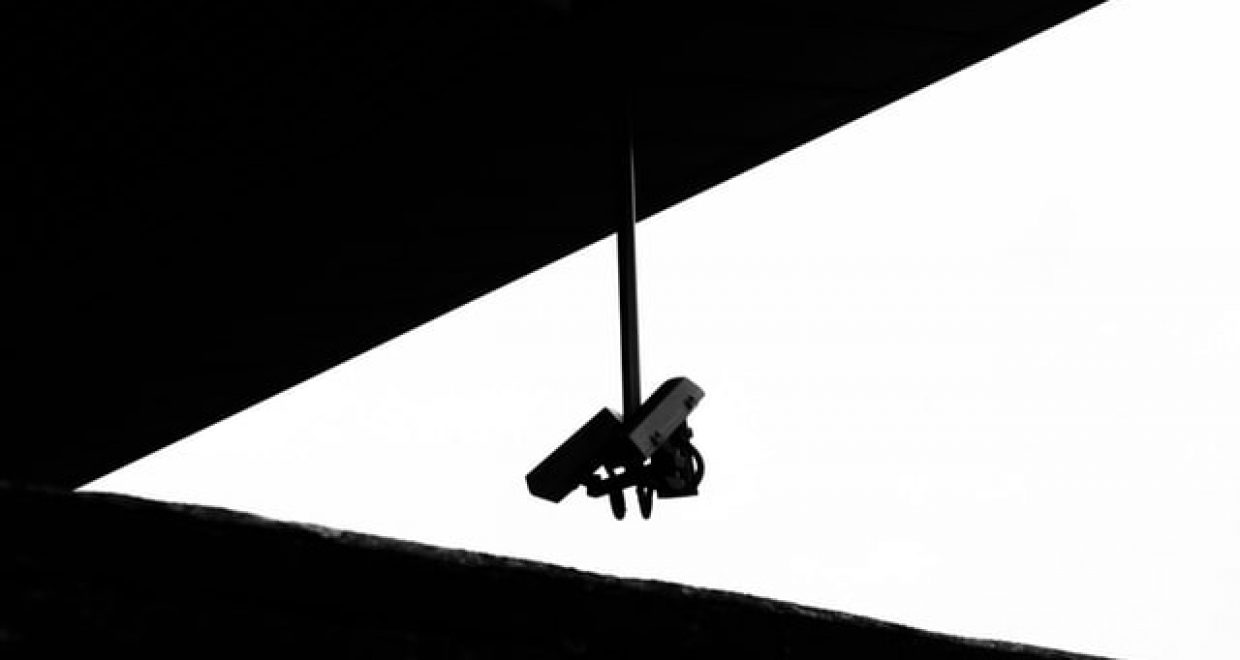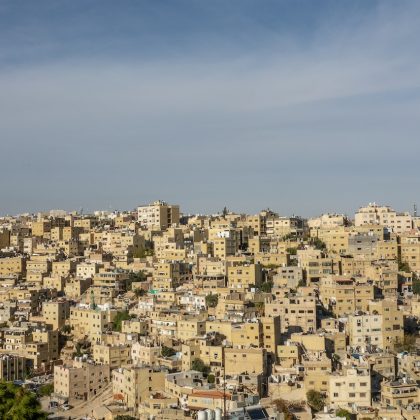Mass Surveillance in the Age of COVID-19: Israel and the Occupied Palestinian Territory
As the world rushes to counter the continued spread of the novel coronavirus (COVID-19), inevitably human rights will be put at odds with the protection of public health. Italy, Spain, France, and Belgium are among the States going into ‘lockdown’, curtailing their citizens’ rights to freedom of movement, association, and more, in order to contain the spread of the virus. Such a suspension of human rights is not unheard of, nor is it baseless in international law: derogations of provisions of international human rights treaties such as the International Covenant on Civil and Political Rights, and the International Covenant on Economic, Social and Cultural Rights are permitted during ‘states of emergency’. The current COVID-19 crisis doubtlessly qualifies.
However, international observers such as United Nations Special Rapporteurs and the High Commissioner for Human Rights have called for all responses from States to put human rights at their core. It follows from this that any corporate entity involved or assisting in such responses must follow suit, in line with their responsibilities as envisaged in the UN Guiding Principles on Business and Human Rights.
Although States have begun to severely curtail individual rights in order to combat COVID-19, measures have also been taken to ensure that the economic rights of affected populations are ensured. Rent suspensions, prohibitions on evictions, the distribution of free testing and treatment, and the surprising debates surrounding the temporary introduction of a Universal Basic Income for the duration of the current crisis have largely exposed the global neoliberal order, based on corporate power and influence, as artificial. Moreover, it is clear that, in most cases, emergency measures are purely temporary, designed to ensure short-term containment, with the long-term goal of ending the crisis.
Nonetheless this is not true of all States, particularly not those leaning towards the authoritarian, and, as is often the case, not those such as Israel in its role as the Occupying Power over the occupied Palestinian territory (oPt). In the past week, at the time of writing, Israeli Prime Minister Benjamin Netanyahu has suspended the Israeli parliament, the Knesset, and attempted to introduce sweeping new surveillance powers for the Shin Bet, Israel’s secret police, to monitor smartphones, ostensibly to detect who have possibly come into contact with confirmed cases, and to notify them that they should self-quarantine. These powers would have repurposed the surveillance technology used by Israel in the oPt in order to monitor those who may have contracted the virus.
Corporate entities have a long history of providing monitoring and surveillance systems for use by the Israeli Occupying Forces in the oPt, despite being largely absent from the recently released UN database on business activities related to illegal Israeli settlements. As part of a booming market which reportedly grossed US$6.5bn in 2016 alone, the private sector has introduced surveillance and biometric scanning networks across the occupied West Bank, including East Jerusalem. Companies such as Cisco Systems, Elbit, and Anyvision Interactive Technologies have assisted Israel in developing a complex web across the oPt, designed with the sole intent of monitoring and profiling Palestinians. It is therefore not difficult to envisage, as the COVID-19 crisis escalates, the tracking of smartphones as a first step towards the continued consolidation and expansion of Israel’s surveillance infrastructure, on both sides of the Green Line.
As noted by WhoProfits, an Israel-based research institute focusing on corporate complicity in the occupation, Israeli authorities purport to have 95% visibility of the Old City of Jerusalem, with an average of one camera per 100 people in the area. Moreover, these cameras are not simply for show, but are instead used for operations by the Israeli Occupying Forces, in coordination with the ‘elite intelligence unit’ dubbed ‘8200’. Elbit’s Unmanned Aerial Vehicles (UAVs) are often used in raids across the West Bank, and the technology of virtually all companies involved in this area are used in illegal Israeli settlements, and the Annexation Wall, constitutive of the war crime of forcible transfer under Article 49(6) of the Fourth Geneva Convention, and a violation of jus cogens norms, which give rise to obligations erga omnes, respectively.
Further, Athena, a company established by the former head of Mossad, the Israeli National Intelligence Agency, and a subsidiary of the larger C. Mer Group, provides Israel with advanced software capable of intelligently processing information gathered from the larger surveillance infrastructure in order to create individual profiles intended to ‘identify persons of interest’. The C. Mer Group’s ‘OSCAR’ software, as detailed on its website, has the capacity to provide what it dubs the ‘Secret Ingredient’: “[a] smart compilation of concepts, phrases, definitions, symbols and cultural-based terminology”, thereby enabling “the identification of the people, organizations and communication methods used to support hostile and illegal activities”.
The human rights ramifications for such involvement are huge, and only stand to become more pronounced, and more visible, should the introduction of increased domestic powers for the Shin Bet go ahead. Thus, it is incredible that none of the above-named companies were named in the recent UN database, given the use of their technology in illegal settlements throughout the West Bank, including East Jerusalem, and the Annexation Wall. Whatever reasons there may be for this, methodological or otherwise, it is abundantly clear that assisting the Israeli authorities in the mass surveillance and monitoring of Palestinians is in manifest violation of their human rights obligations, and that pressure must be put on the High Commissioner to continue to move towards a more comprehensive database, in line with her mandate, to continue to update its content.
The question is, therefore, where does this leave us? At the time of writing (24 March 2020), Adalah, a Palestinian rights organisation based in Israel, has been successful in seeking an interim order preventing the use of the proposed powers until a Knesset oversight committee is formed, failing this, the powers will be prohibited today. While their prohibition would be a welcome victory for human rights, their implementation would not be surprising; moreover, a prohibition would be of little consolation to Palestinians who would continue to be monitored and profiled, nor would it absolve those companies already complicit in the existing surveillance regime.
The response to the crisis from the Israeli leadership has steadily escalated over the past week and shows no signs of stopping. While some measures taken elsewhere have been replicated, it is clear that the Knesset’s suspension, the attempted introduction of increased surveillance, and the continuation of the closure of Gaza, where COVID-19 poses a monumental threat, are not designed to combat the pandemic. As we plunge further into increasingly uncertain times for human rights, it is incumbent on multinational tech corporations, and the States in which they are domiciled, to take positive action to ensure that they do not contribute to the consolidation and expansion of Israel’s surveillance regime, or indeed the disproportionate actions of other States, in the age of COVID-19.
Pearce Clancy is a Legal Researcher with Al-Haq, a Palestinian human rights organisation based in the occupied Palestinian territory which works on issues involving business and human rights, and holds an LL.M in international law from the Irish Centre for Human Rights.




